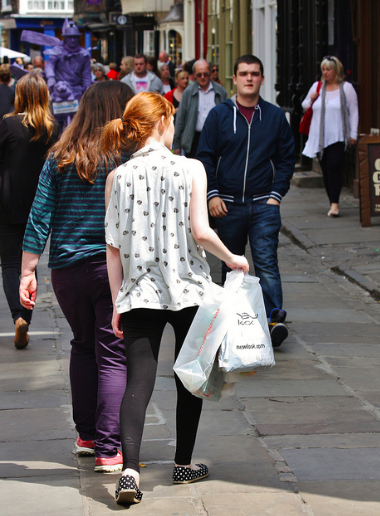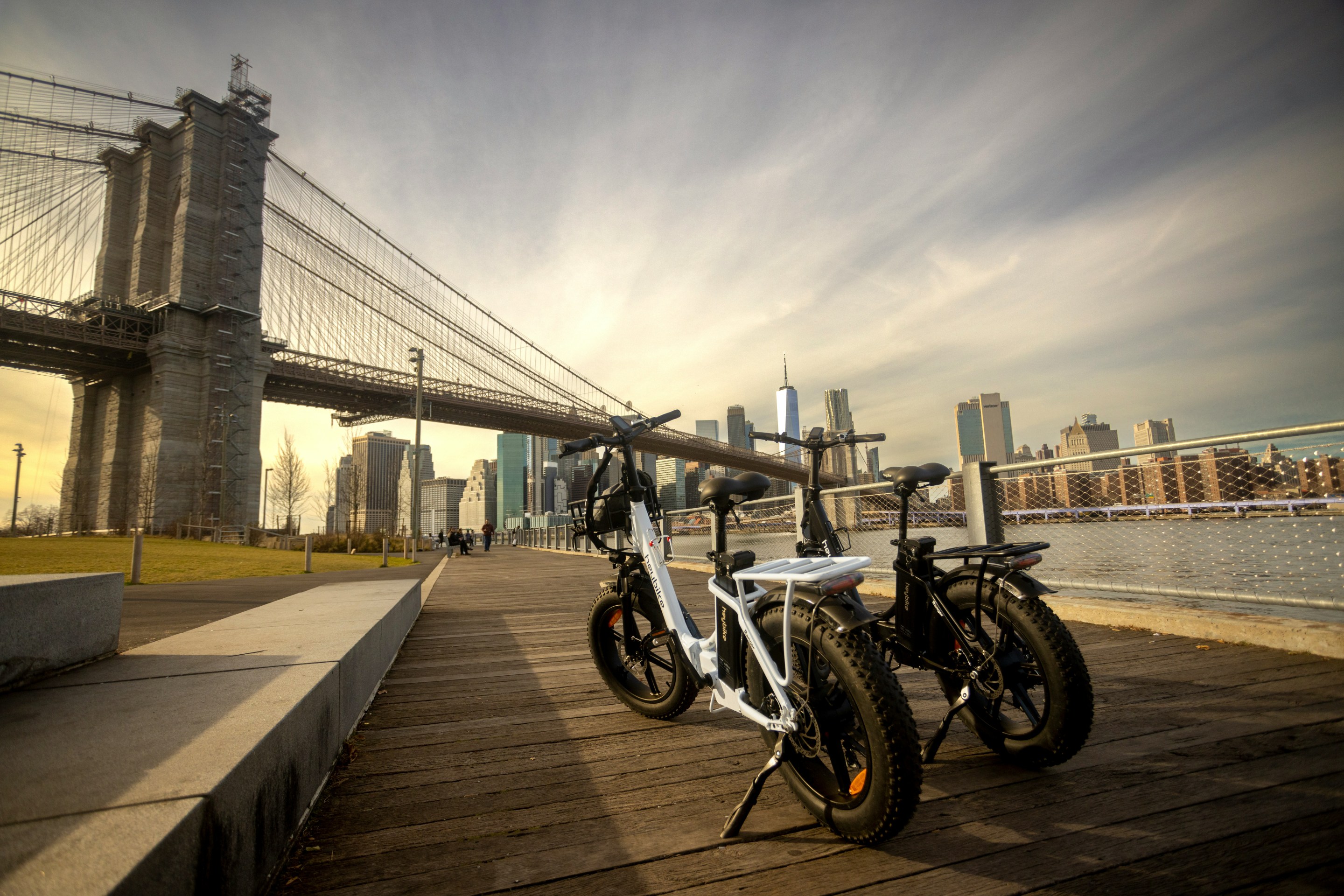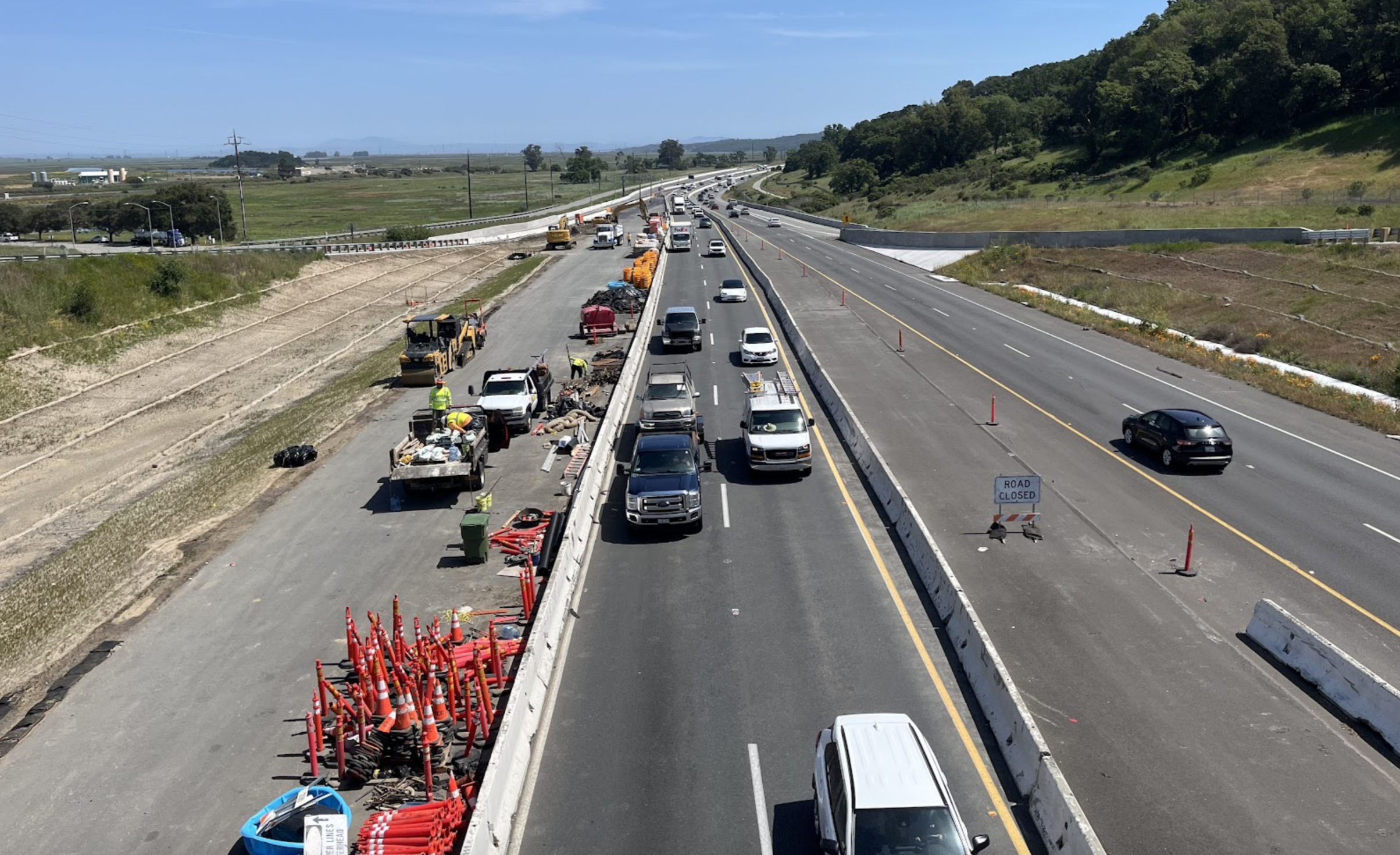
Young people want to live in cities that give them a variety of transportation options and make it easy to get around without a car. That's the key finding from a new survey of more than 700 young adults by the Global Strategy Group. The survey was commissioned by the Rockefeller Foundation and Transportation for America.
Researchers surveyed people aged 18 to 34 across 10 metro regions with varying levels of transit service. From Chicago to Tampa to Los Angeles, young people reported a preference for places that are walkable and transit-friendly.
Four in five respondents reported they would like to live in a city where they could get around without a car. And almost three in four said neighborhoods without transit access were less appealing places to live.
A strong majority -- 66 percent -- said that access to high-quality transportation is one of the top three criteria for choosing a place to live. And 54 percent even said they would consider moving to a city with better transportation options.
Even when considering cities and neighborhoods to visit, young people don't want to be forced to drive -- 65 percent called it a "major inconvenience" to visit an area where transit connections are poor.
"These findings confirm what we have heard from the business and elected leaders we work with across the country,” said James Corless, director of Transportation for America. “The talented young workforce that every region is trying to recruit expects to live in places where they can find walkable neighborhoods with convenient access to public transportation.”
The researchers cautioned that the results might suffer from a bit of a "self-selection bias" because the survey only examined young people already living in cities. But there was surprising consistency between responses from millennials living in stronger transit cities like San Francisco and weaker ones like Indianapolis.
Young people in cities with strong transportation systems were more likely not to own a car. Only 45 percent of respondents in Chicago, New York, and San Francisco reported they had access to a household car, compared to 80 percent in less transit-friendly cities such as Indianapolis, Nashville, and Tampa.
But among those who lived in cities with weak transit, 72 percent reported they would drive less if they had more options. In those cities, 84 percent of respondents confirmed they would like more transit options.
Michael Myers, a managing director of the Rockefeller Foundation, said these findings should impress on civic leaders around the U.S. the importance of transit and walkability to local economies.
“Young people are the key to advancing innovation and economic competitiveness in our urban areas," he said. "This survey reinforces that cities that don’t invest in effective transportation options stand to lose out in the long run."





